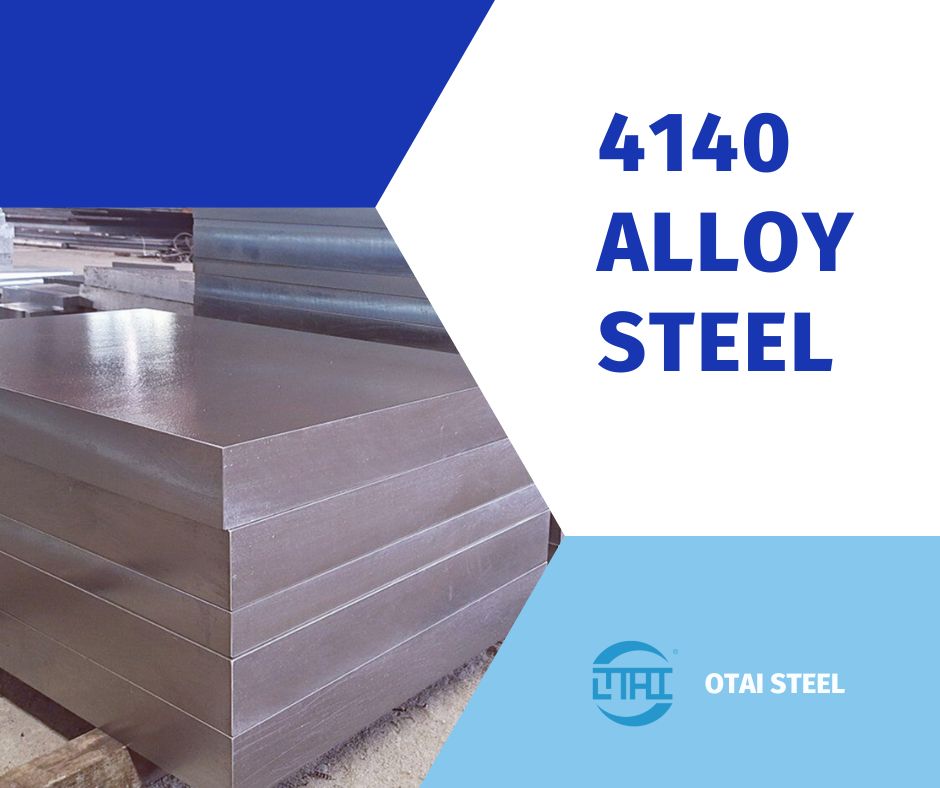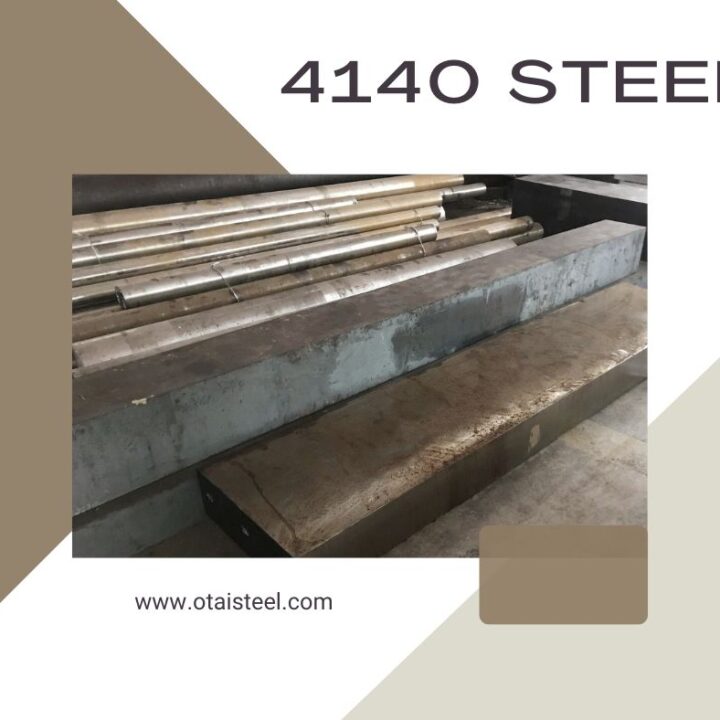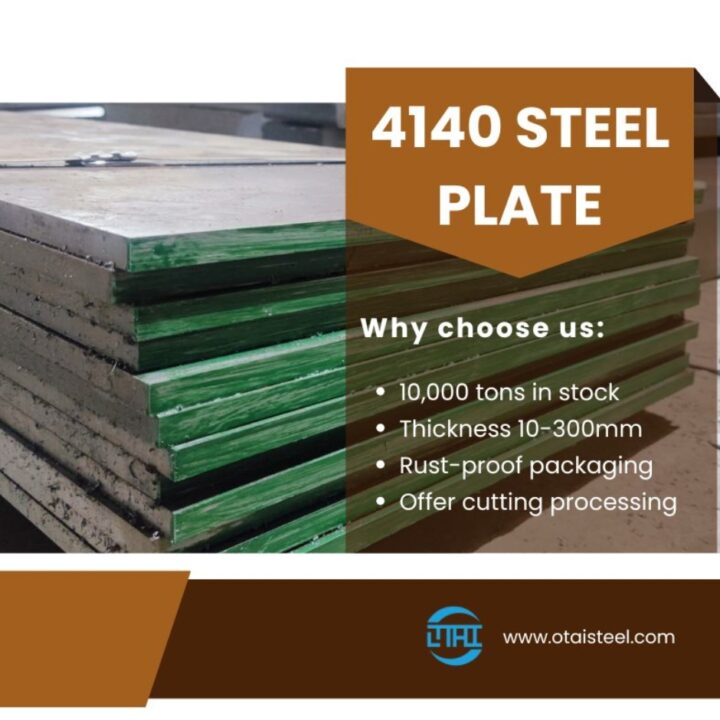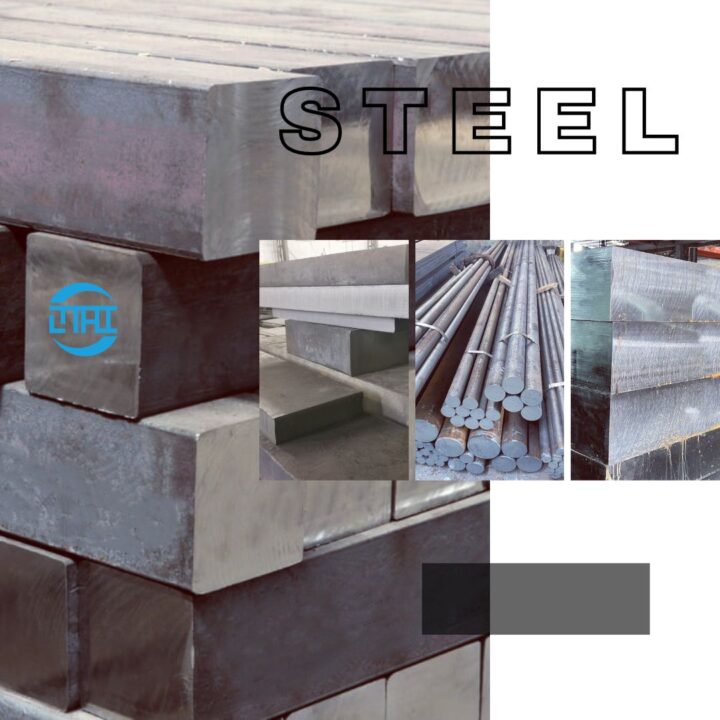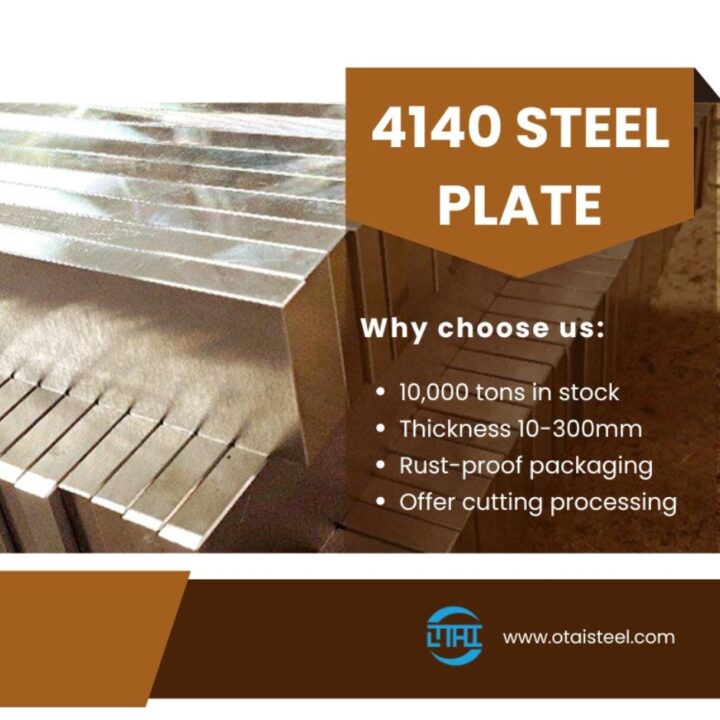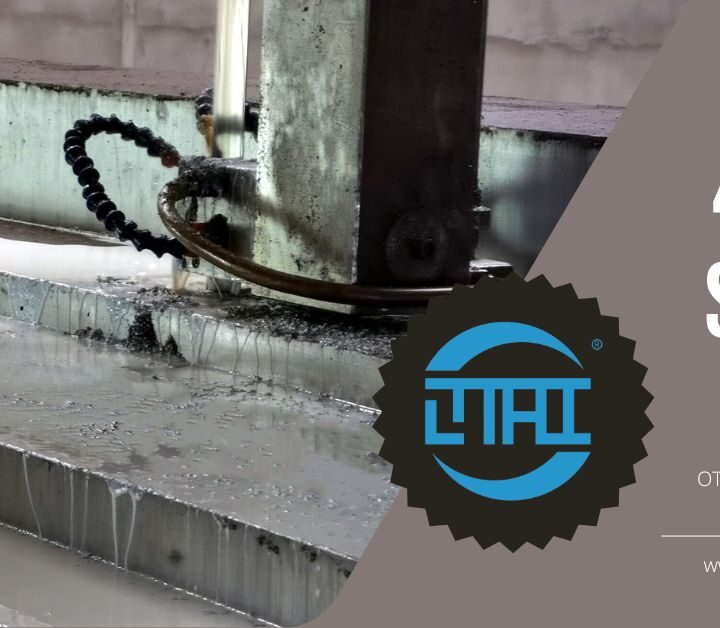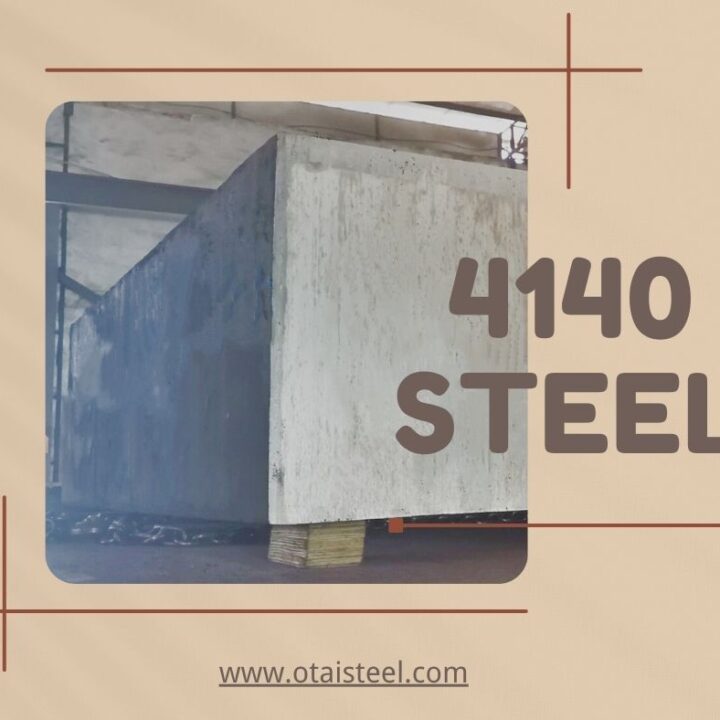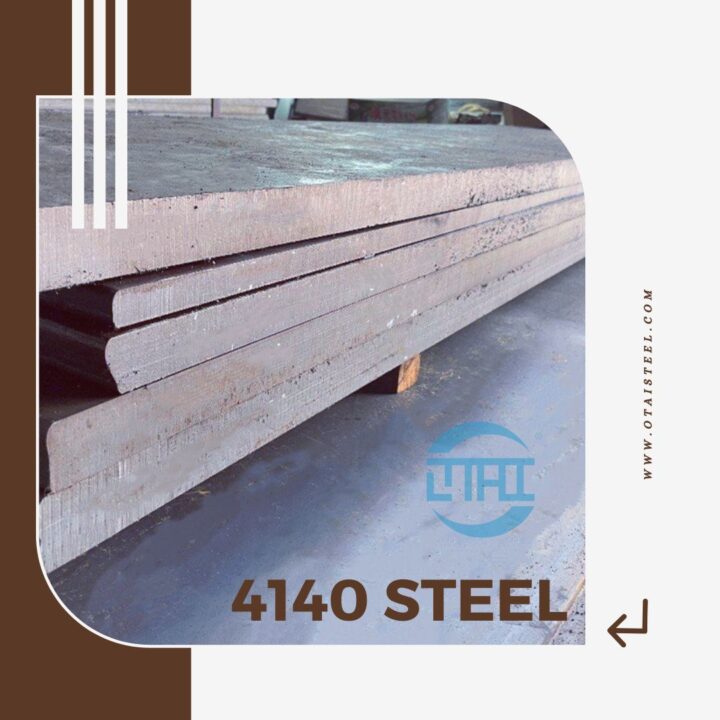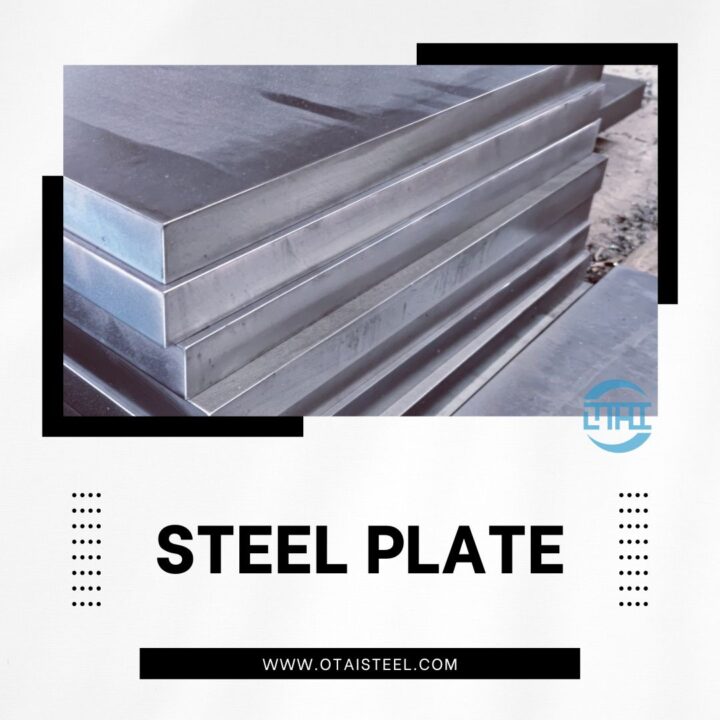Welcome to the ultimate guide on 4140 alloy structure pipe. In this comprehensive post, we’ll explore everything you need to know about these pipes, from their composition and properties to their various applications across industries.
Understanding 4140 Alloy Steel
To begin our journey, let’s first understand what 4140 alloy steel is. 4140 is a versatile chromium-molybdenum steel known for its exceptional strength, toughness, and resistance to wear and tear. Its unique composition includes 1% chromium, 0.25% carbon, and 0.1% molybdenum, which contribute to its remarkable properties.
Composition and Properties
4140 alloy structure pipes are renowned for their impressive combination of properties:
- High Strength: These pipes boast a high tensile strength, making them ideal for structural applications that require durability and load-bearing capacity.
- Toughness: 4140 steel exhibits excellent toughness, even in low-temperature environments, making it suitable for critical components.
- Wear Resistance: Thanks to its chromium content, 4140 steel resists abrasion and wear, ensuring a longer lifespan.
- Machinability: It is relatively easy to machine 4140 alloy, making it a preferred choice for manufacturers.
- Heat Treatability: 4140 can be heat-treated to achieve specific mechanical properties, offering versatility in engineering applications.
Applications
Now that we’ve covered its properties, let’s delve into the wide range of applications for 4140 alloy structure pipes:
- Oil and Gas Industry: These pipes are used in the extraction, transport, and processing of oil and natural gas due to their robustness and resistance to corrosive environments.
- Construction: In the construction industry, 4140 alloy structure pipes find application in building frames, bridges, and other load-bearing structures.
- Aerospace: The aerospace sector utilizes these pipes for components requiring strength and reliability, such as landing gear and engine parts.
- Automotive: 4140 steel is found in various automotive components, including axles, crankshafts, and transmission parts.
- Manufacturing: In manufacturing, these pipes are employed for machinery and equipment that demand high strength and durability.
Advantages of 4140 Alloy Structure Pipes
Let’s explore the advantages that make 4140 alloy structure pipes stand out:
- Cost-Efficiency: Their durability and resistance to wear and tear reduce maintenance costs and increase the lifespan of structures and components.
- Customizability: 4140 steel can be tailored through heat treatment to meet specific project requirements.
- Reliability: Known for their consistent performance, these pipes provide peace of mind in critical applications.
- Versatility: They are adaptable to various industries and can serve in different roles due to their impressive properties.
Choosing the Right 4140 Alloy Structure Pipe
When selecting 4140 alloy structure pipes for your project, consider the following factors:
- Application: Determine the specific demands of your project to choose the right grade and size of pipe.
- Heat Treatment: Understand whether heat treatment is necessary to achieve the desired mechanical properties.
- Supplier: Work with a reputable supplier known for quality materials and compliance with industry standards.
- Testing and Certification: Ensure that the pipes meet required industry standards and undergo necessary testing.
Maintenance and Care
To maximize the lifespan and performance of 4140 alloy structure pipes, follow these maintenance tips:
- Regular Inspection: Periodically inspect pipes for signs of wear, corrosion, or damage.
- Proper Lubrication: Lubricate moving parts to reduce friction and wear.
- Correct Storage: Store pipes in a dry and controlled environment to prevent rust and degradation.
- Timely Repairs: Address any issues promptly to prevent further damage.
FAQs
Q1: What is the difference between 4140 and 4140H steel? A1: 4140H steel is heat-treated for higher hardness and strength, making it suitable for applications requiring superior mechanical properties.
Q2: Can 4140 alloy structure pipes be welded? A2: Yes, these pipes are weldable, but proper welding techniques and post-weld heat treatment may be necessary to maintain their properties.
Q3: Are 4140 pipes resistant to corrosion? A3: While 4140 steel has some corrosion resistance due to its chromium content, it is not considered highly corrosion-resistant. Proper coating or protection is often required in corrosive environments.
Q4: What industries commonly use 4140 alloy structure pipes? A4: Industries such as oil and gas, construction, aerospace, automotive, and manufacturing frequently rely on 4140 alloy structure pipes.
Q5: Can 4140 pipes be used in high-temperature applications? A5: 4140 pipes have limitations in high-temperature applications due to their tempering temperature. For elevated-temperature use, consider alternative materials with better heat resistance.
